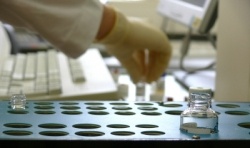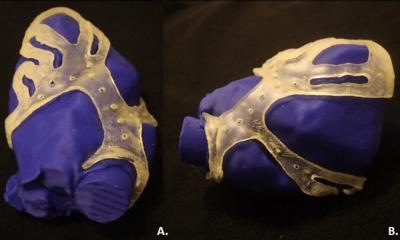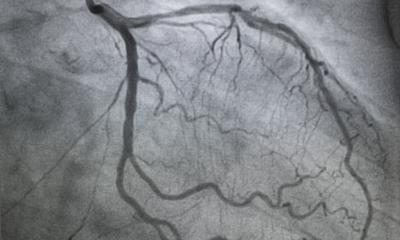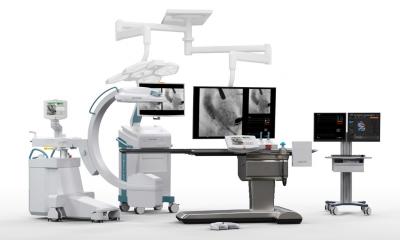Gene Test Determines Risk of Heart Surgery Complications
Genetic differences can explain why some patients undergoing heart surgery later experience shock and kidney complications, according to a study by German and Australian researchers. The results indicate that performing a genetic test on patients before they have surgery can help guide treatment after they leave the operating room.

The researchers at the Charité – Universitätsmedizin Berlin, the Max-Delbrück-Center for Molecular Medicine (MDC) Berlin-Buch in Germany and the Austin Hospital in Melbourne, Australia, studied the gene that encodes the enzyme catechol-O-methyltransferase (COMT). Certain variants of the COMT gene have long been suspected to play a role in shock and kidney failure in patients following heart surgery. The COMT enzyme is involved in metabolizing norepinephrine (noradrenalin), a drug that is given to patients post-surgery to stimulate their blood flow and to normalize their blood pressure.
Professor Duska Dragun, MD, Charité, Professor Friedrich Luft, MD (Experimental and Clinical Research Center , MDC) and Dr. Wolf-Hagen Schunck (MDC) studied the COMT gene in 260 patients who underwent heart bypass surgery. They were able to show that the genetic variant they call “LL” can lower the activity of the COMT enzyme. As a result, LL patients are more likely to develop shock and kidney failure.
In addition, LL patients who experience shock do not respond very well to treatment with norepinephrine. Since the activity of the COMT enzyme is lowered in LL patients, norepinephrine cannot fully be metabolized. As a result, too much norepinephrine remains in the body and the drug is no longer effective.
Therefore, the researchers suggest that “perhaps, more suitable hemodynamics could be achieved in LL patients were they given vasopressin rather than noradrenaline (norepinephrine) and acute kidney injury might be attenuated by avoidance of cardiopulmonary bypass and nephrotoxic medication.” Larger clinical trials are necessary to show whether patients need to undergo genetic testing prior to heart surgery to determine their risk for shock and kidney failure.
The article, entitled “Decreased Catecholamine Degradation Associates with Shock and Kidney Injury after Cardiac Surgery,” can be found online at http://jasn.asnjournals.org/
30.04.2009





